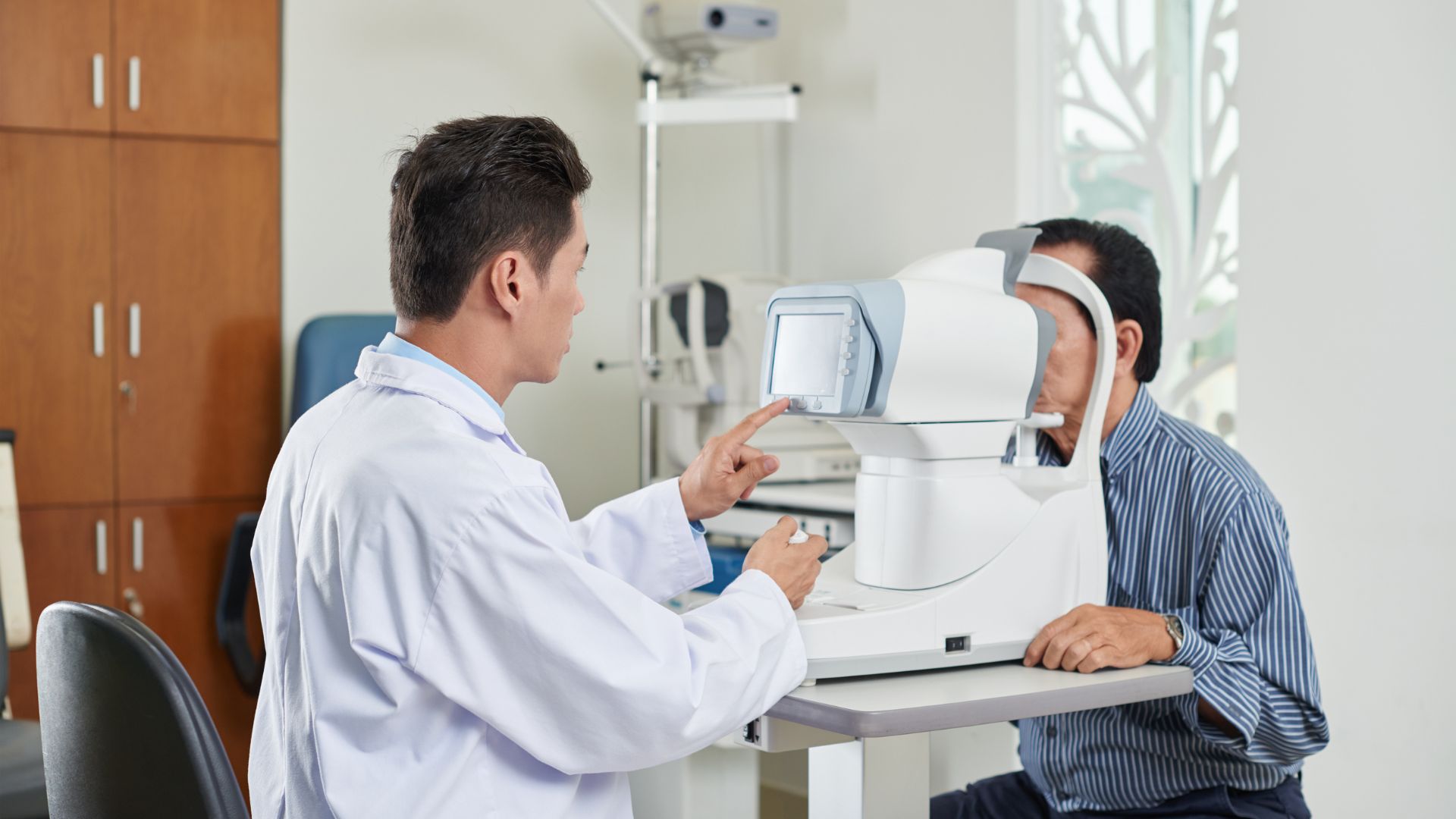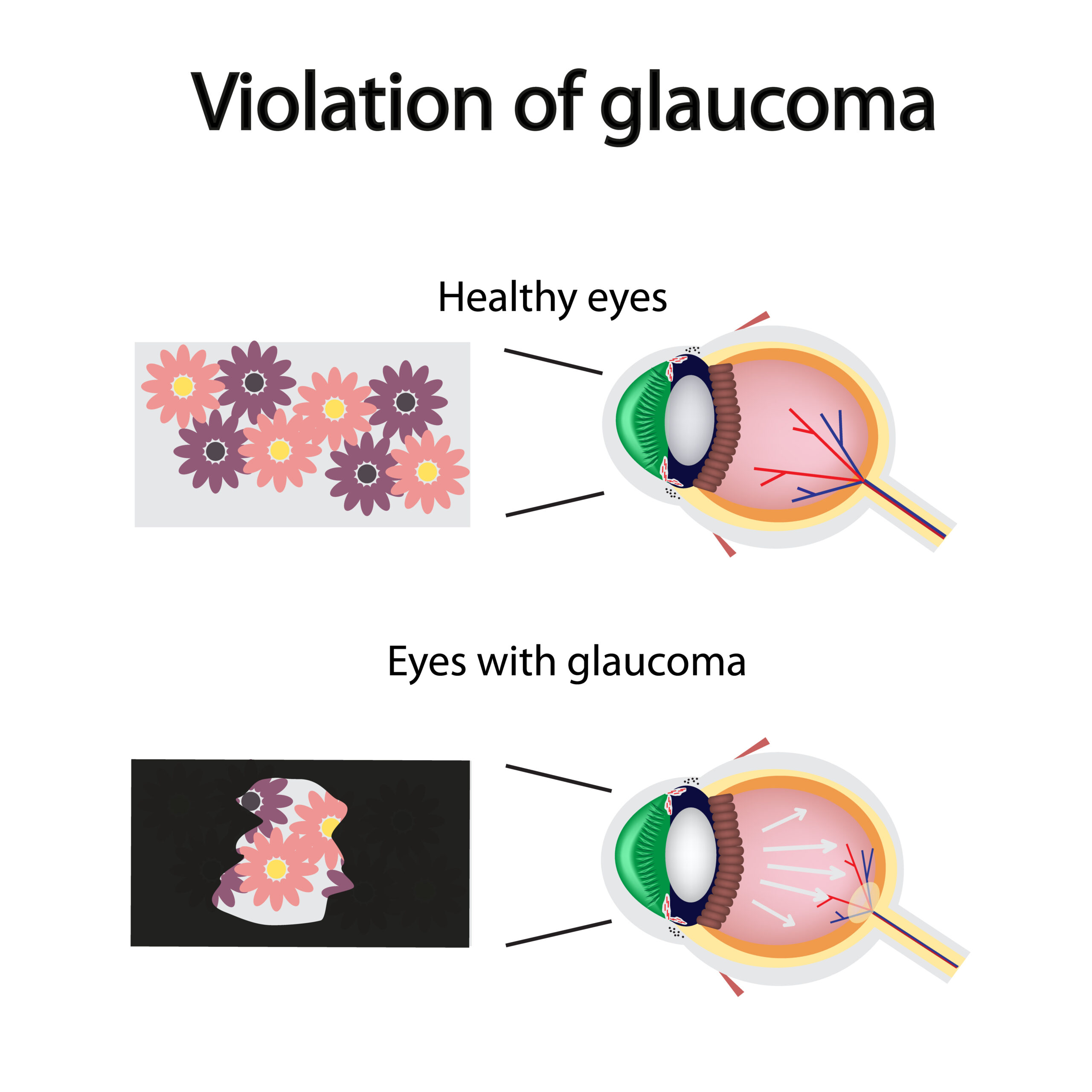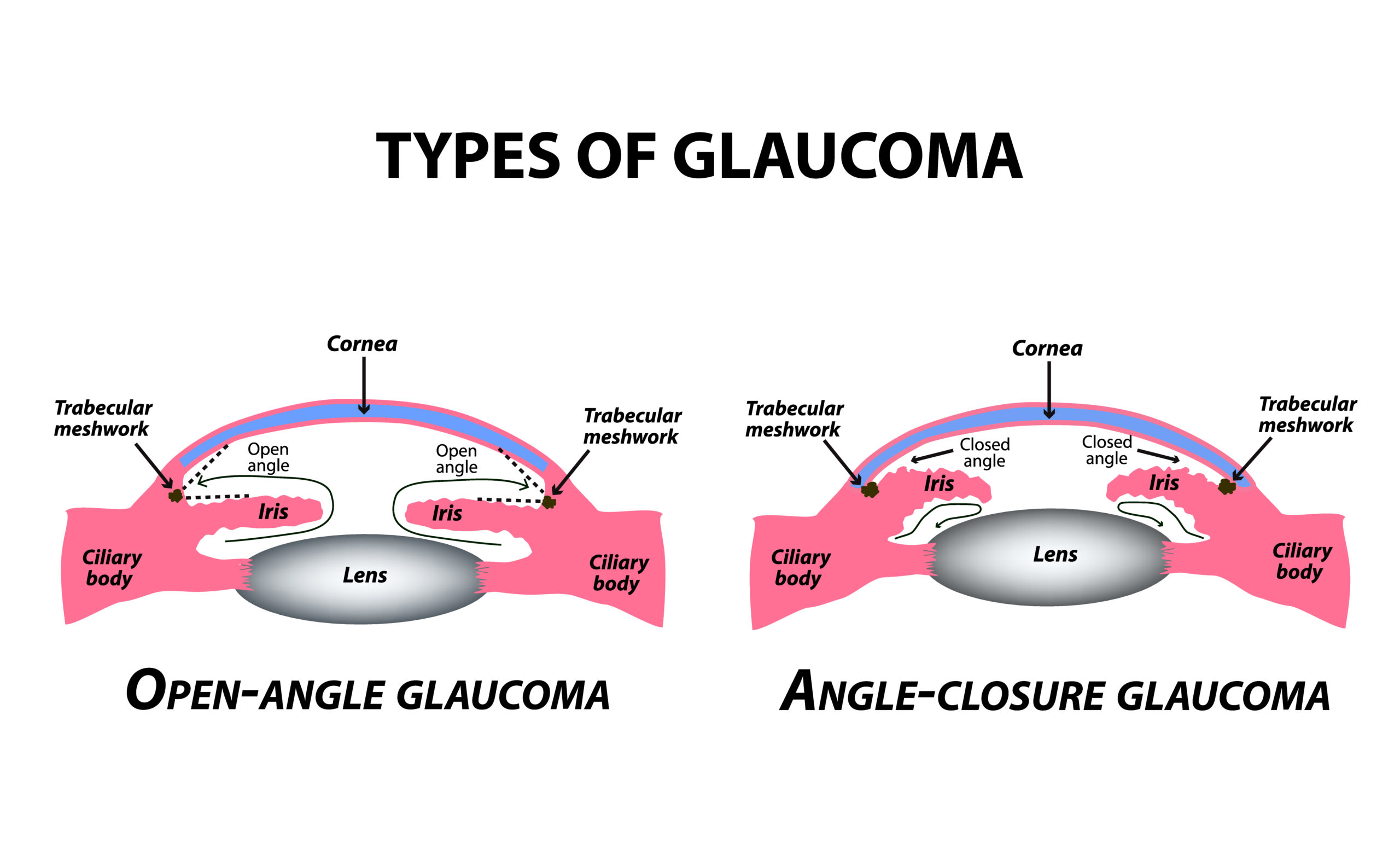Services
Call Us
Hours
Monday: 8 AM – 4:30 PM
Tuesday: 8 AM – 4:30 PM
Wednesday: 8 AM – 4:30 PM
Thursday: 8 AM – 4:30 PM
Friday: 8 AM – 2:30 PM
Download

About Florida Eye Surgeons And Associates
Florida Eye Surgeons and Associates is your destination for exceptional medical and surgical eye care. Focusing on patient care, our multi-specialty ophthalmic practice addresses a spectrum of eye conditions, from basic to intricate cases. Our team of fellowship-trained physicians excels in procedures to treat glaucoma, ensuring specialized care for diverse eye needs. Depend on us for medical eye examinations and tailored treatments that prioritize your eye health, including the best in glaucoma care.
What Is Glaucoma?

Glaucoma is a group of eye conditions that damage the optic nerve, essential for transmitting visual information from the eye to the brain. The main risk factor for glaucoma is increased intraocular pressure (IOP), resulting from fluid buildup within the eye. However, glaucoma can also occur with normal or even low IOP. 76 million people have glaucoma globally; about three million are in the United States. If you think you have glaucoma, schedule an appointment to see one of our physicians.
Who Is At Risk For Glaucoma?
- Age: Glaucoma becomes more common as people age, especially after age 60. However, it can affect individuals of all age groups.
- Family History: If you have close relatives with glaucoma, your risk of developing the condition is higher.
- Elevated Intraocular Pressure (IOP): Increased pressure inside the eye is one of the primary risk factors for glaucoma. However, some people with normal IOP can still develop the condition.
- Race and Ethnicity: Certain racial and ethnic groups have a higher prevalence of glaucoma. For example, people of African, Hispanic, and Asian descent are at an increased risk for certain types of glaucoma.
- Thin Cornea: People with thinner corneas may have a higher risk of developing glaucoma.
- Eye Health: Other eye conditions, such as high myopia (nearsightedness), eye injuries, inflammation, or particular eye diseases, can increase the risk of glaucoma.
- Medical Conditions: Some medical conditions, such as diabetes, high blood pressure, and heart disease, have been associated with an increased risk of glaucoma.
- Long-Term Steroid Use: Prolonged use of corticosteroid medications, either eye drops, oral pills, or injections, can elevate the risk of glaucoma.
- Physical Inactivity: An inactive lifestyle and lack of regular exercise have been linked to a higher risk of glaucoma. It’s important to note that having one or more risk factors does not guarantee the development of glaucoma, and some people without any identifiable risk factors can still develop the condition. Regular eye exams are crucial to detect glaucoma early and prevent vision loss through timely intervention and treatment, especially if you have any of the above risk factors. Discussing your risk with an eye care professional is essential if you fall into any high-risk categories.
What Are The Different Types Of Glaucoma?

The two most common types of glaucoma are Primary Open-Angle Glaucoma (POAG) and Angle-Closure Glaucoma (ACG).
Primary Open-Angle Glaucoma (POAG): This is the most prevalent form of glaucoma and usually develops slowly over time. It occurs when the eye’s drainage canals become clogged, leading to a gradual increase in eye pressure. POAG is painless in its early stages and the loss of vision is so slow that individuals are unaware of the disease. The vision loss starts peripherally (side) and works its way centrally. Angle-Closure Glaucoma: There are two types of
Angle-Closure Glaucoma: The first is Chronic Angle-Closure Glaucoma, which develops slowly and without pain. The second is Acute Angle-Closure Glaucoma which develops very rapidly, producing severe pain, eye redness, blurred vision, halos, nausea, and vomiting. This condition requires immediate medical attention. Glaucoma is diagnosed by measuring the pressure in your eye, evaluating both the optic nerve and drainage angle for damage, and performing a Visual Field evaluation which identifies loss of vision. If left untreated, the optic nerve may suffer irreversible damage, leading to blindness.
Glaucoma Symptoms
Glaucoma may present with various symptoms, and it’s essential to be vigilant about changes in your vision or eye health. The following list outlines some of the common glaucoma symptoms:
- Patchy or blurred vision
- Gradual loss of peripheral (side) vision
- Tunnel vision (narrowing of the visual field)
- Halos around lights
- Severe eye pain
- Headaches
- Eye redness
- Nausea and vomiting (in cases of acute angle-closure glaucoma) It’s important to note that glaucoma symptoms may not be noticeable in the early stages, which is why regular eye exams are crucial for early detection and prevention of vision loss.
Glaucoma Treatment Options
If you are diagnosed with glaucoma, effective treatments are available to preserve your vision. The primary objective of glaucoma treatment is to reduce intraocular pressure (IOP) and halt optic nerve damage. Various treatment options are available, including eye drops, laser therapy, and surgical interventions.
Why Choose Florida Eye Surgeons And Associates?
Florida Eye Surgeons and Associates is a premier choice for your eye health needs, emphasizing exceptional glaucoma treatment. With our dedicated team and state-of-the-art technology, we prioritize your vision and your patient experience. Contact us to set up an appointment to discuss your eye health needs. We look forward to helping you see better and feel better.
